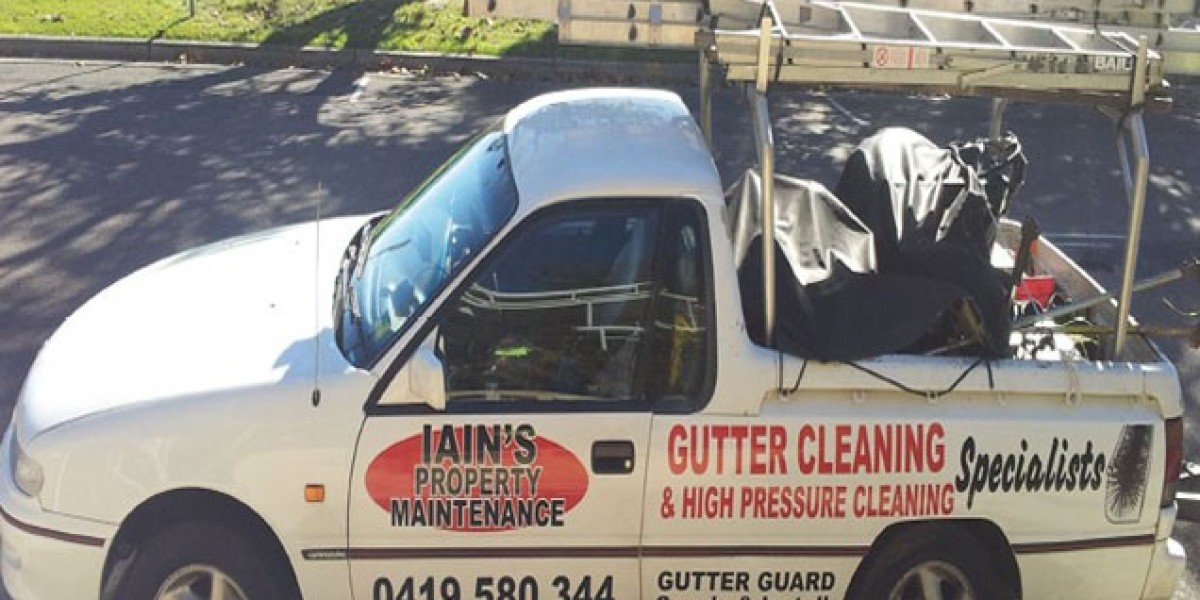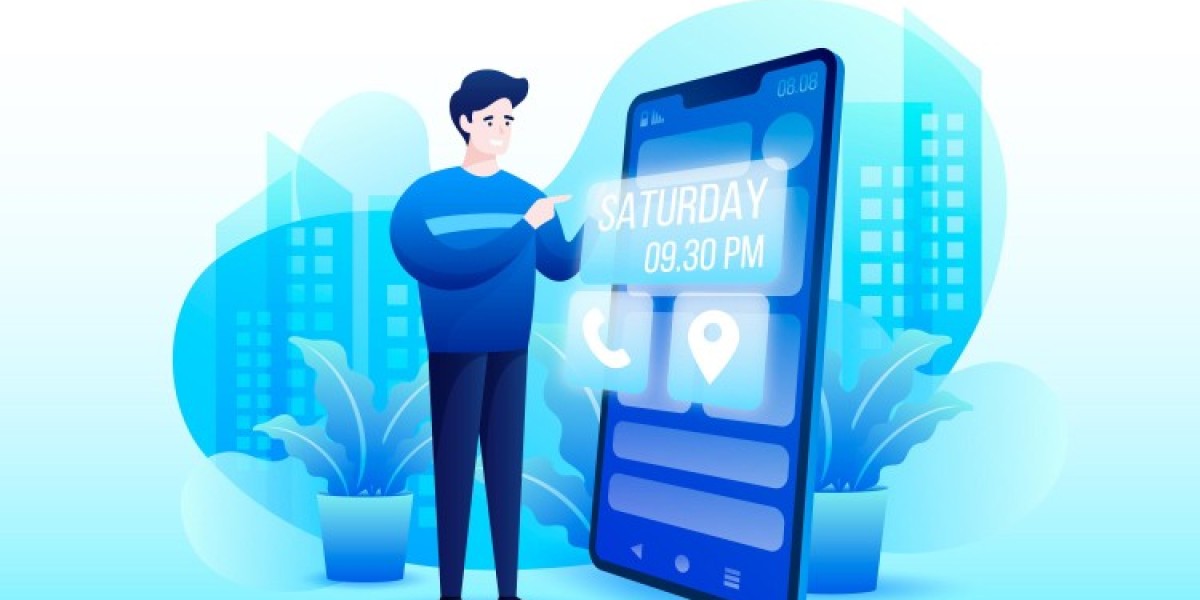Support for eating disorders can often feel out of reach, especially with therapy sessions, treatment programs, and dietitian visits carrying high costs. But the truth is, help doesn’t always have to come with a large price tag. If you’re struggling or know someone who is, there are affordable paths toward healing that still provide real care. Many people feel stuck between needing support and worrying about expenses. That’s where knowing your options can make a difference.
Start with Community Mental Health Centers
Local mental health centers can be one of the most accessible places to begin. These centers often receive government funding and provide sliding-scale fees based on income. That means what you pay is directly linked to what you earn, making services affordable for most people.
Some centers offer one-on-one therapy, group counseling, and even nutrition education. While you might have to join a waitlist, the support is genuine, and the therapists are trained to help with eating disorders and other mental health concerns. Many also offer online appointments, making access easier if transportation or distance is a challenge.
Use Free Helplines and Chat Services
Sometimes, the biggest relief comes from simply talking to someone who understands. There are national and regional helplines that offer confidential support 24/7 at no cost. These services are typically run by trained volunteers or professionals who listen without judgment and can guide you toward more long-term options.
For example, the National Eating Disorders Association (NEDA) has a helpline and live chat where individuals can speak with someone who knows how to respond to eating-related concerns. While it's not therapy, it can provide emotional support and helpful next steps.
Look for Online Support Groups
Online support groups can be a lifeline for those seeking connection without the pressure of in-person meetings. These groups offer a space to share stories, ask questions, and learn from others who’ve experienced similar challenges. They’re often free and hosted on platforms like Facebook, Reddit, or specific nonprofit websites.
The power of peer support shouldn’t be underestimated. Hearing that you’re not alone, that others have felt what you're feeling and have made it through, can bring comfort and motivation. Just be sure the group is moderated by a professional or affiliated with a trusted organization, so the advice shared is respectful and safe.
Try University Clinics or Counseling Programs
Colleges and universities with psychology or counseling departments often run low-cost clinics as part of their training programs. Graduate students provide care under supervision from licensed therapists, and the quality is usually very high.
These sessions are typically much more affordable than private therapy, and many university clinics include specialized services for eating concerns, anxiety, or body image issues. Availability may vary based on the school year, but the waitlists are usually shorter than larger institutions.
Access Free or Low-Cost Educational Resources
Learning about eating disorders can be empowering. There are many websites and organizations that provide guides, videos, worksheets, and podcasts to help you understand what you're facing. While these tools aren’t a replacement for therapy, they can offer clarity and help you feel more in control of your recovery.
Look for reputable sources like the National Eating Disorders Association (NEDA), Eating Disorders Victoria, or Beat Eating Disorders. Some of these also offer free webinars and online events where you can hear from experts and people in recovery.
Reach Out to Faith-Based or Nonprofit Organizations
Many nonprofit groups and faith-based communities run free counseling services or can refer you to someone who does. Some organizations have partnerships with therapists or offer small group programs focused on healing, self-worth, or coping with anxiety.
Even if you’re not religious, these groups usually open their doors to anyone in need. The atmosphere is often supportive, and you might find others going through similar experiences. It’s one more layer of care that doesn’t cost anything and could be a key part of your support system.
Use Apps That Support Mental Health
While apps aren’t a substitute for professional therapy, some are designed to help you track your emotions, practice mindfulness, or challenge negative thinking patterns. A few are made specifically for eating disorders and body image, offering daily affirmations, journaling prompts, and coping tools.
Look for free versions of these apps or those that have strong reviews and are recommended by mental health professionals. Some also include access to peer forums or licensed counselors for a small fee, depending on your needs.
Talk to Your Primary Doctor
Many people overlook their regular doctor as a source of support. If you have access to a primary care provider, bring up your concerns. They can help assess your health, talk through symptoms, and refer you to resources within your insurance plan or community.
Doctors often know of local options you might not find on your own, including low-cost clinics or programs. Having that medical overview is also helpful if you’re dealing with physical symptoms tied to disordered eating.
Ask About Sliding Scale Therapy
If you’re considering therapy, but full rates are too high, ask directly if the therapist offers sliding-scale pricing. Many do, even if they don’t advertise it upfront. Therapists understand that care should be accessible and are often willing to adjust costs when asked.
Some websites like Open Path Collective or TherapyDen specialize in connecting clients with affordable mental health care. You can search by location, issue, and rate to find someone who fits your situation.
Consider Local Workshops or Events
Libraries, community centers, and local nonprofits sometimes offer workshops on self-esteem, body image, or emotional well-being. These events are either free or low-cost and can be a great way to build coping tools in a short amount of time.
While they may not be focused solely on eating disorders, they can still be helpful. You’ll learn strategies for stress, emotional regulation, and confidence—things that often play a major role in recovery.
Final Thoughts
Support doesn’t have to be expensive to be effective. If you’re struggling with food, body image, or related issues, there are ways to get help that won’t break your budget. Whether you begin with a call to a free helpline or sign up for a support group online, the most important step is starting. Small, consistent efforts build real change. You don’t need everything to be perfect—you just need a place to begin.









